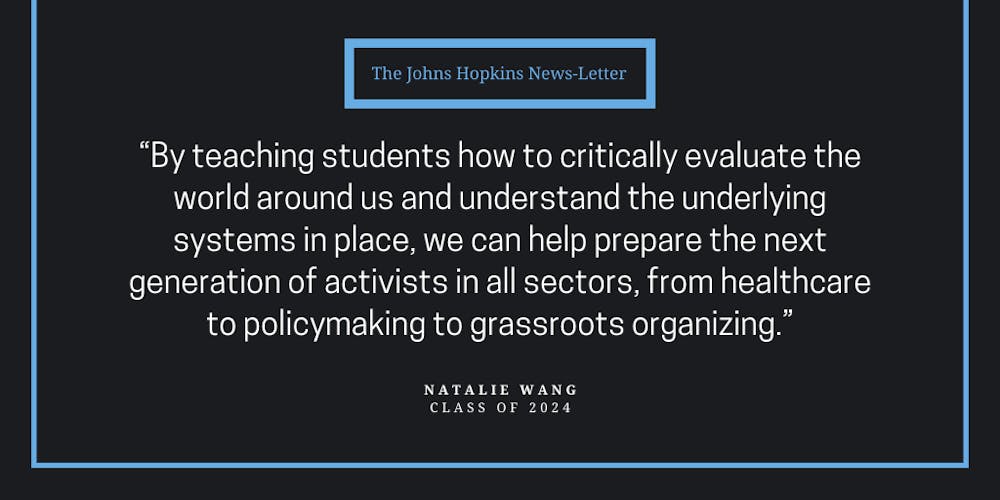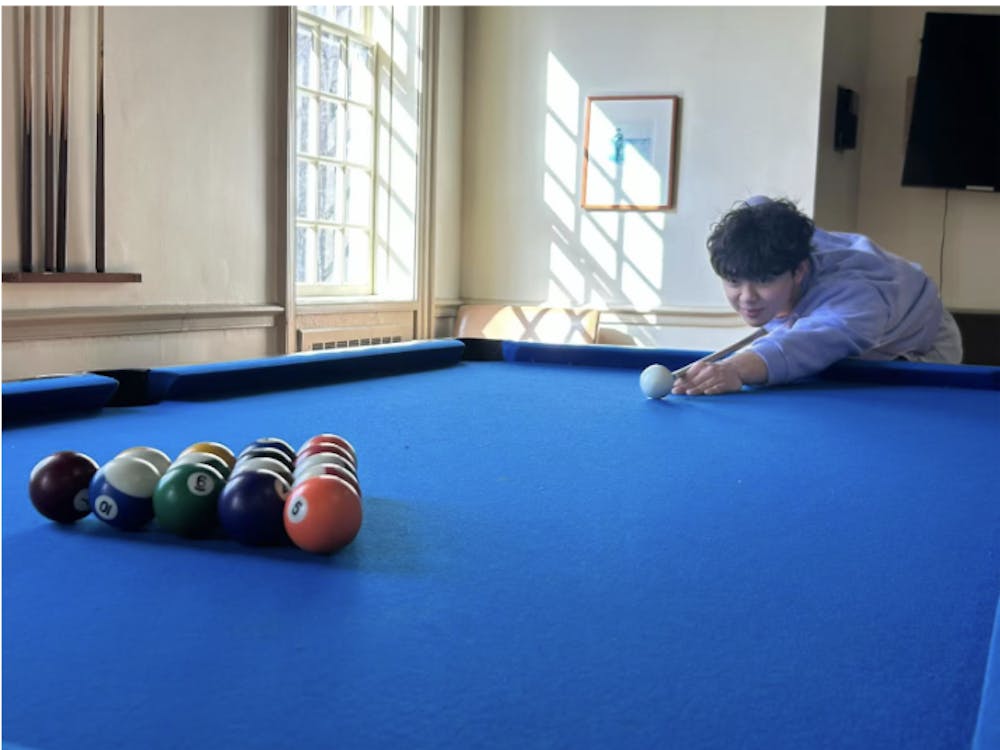Have we been here before? In the aftermath of the 2024 presidential election, even the shock, fear, anger, and fatigue has taken on a horror-like, deja vu quality. It’s the same queasiness we felt after the 2016 presidential election, after the Supreme Court overturned Roe v. Wade in 2022 and reversed affirmative action in 2023, and every time we open our social media to see images of the latest harrowing example of colonial violence.
How many times has the group chat exploded with texts as the news of the latest loss of our civil liberties hits the headlines?
It was this same feeling—the powerless, how-could-it-possibly-get-any-worse feeling—that we experienced in the aftermath of George Floyd’s killing and in the wake of the 2021 Atlanta spa shootings that murdered six Asian women.
“What happens now?” we wondered, with dread. But we also asked ourselves: “What can we do?”
Through chance meetings and conversations with friends, the three of us realized that as a group, we had the chance to create something new. We formed a coalition to advocate for a stronger, more coherent university response to the social crises we faced.
Alongside other students and faculty, we sought to create an activism-oriented academic program that enables students to study the connections, solidarities, and dissonances among geographical and cultural areas of study — issues that are at the root of the inequality and exploitation our communities face. By teaching students how to critically evaluate the world around us and understand the underlying systems in place, we can help prepare the next generation of activists in all sectors, from healthcare to policymaking to grassroots organizing.
This university response comes in the form of a new, socially driven course of study that is fully launching next semester. It’s called Critical Diaspora Studies (CDS), the newest undergraduate major at Hopkins.
Housed in the Chloe Center for the Critical Study of Racism, Immigration, and Colonialism, Critical Diaspora Studies is a program in which community-engaged learning is a required and integral part of the curriculum. Already, students taking CDS pilot courses have produced original research on the history of Chinese immigrants in Baltimore and the military-industrial complex in the Maryland, Virginia, and DC area. Fast forward four years from its inception in 2021, and students will officially be able to declare CDS as a major this spring. Its four focal areas of study are:
- Migration and Borders
- Global Indigeneities
- Empires, Wars, and Carceralities
- Solidarities, Social Movements, and Citizenship.
This spring, CDS will launch four new courses, and at least 16 additional cross-listed classes. These include Humanities Research Lab: The Black Panther Party and the Politics of Decolonization, Insurgent Interdisciplines: Critical Diaspora Studies in Historical Context, and Methods in Critical Diaspora Studies.
In the days following the election, Instagram stories have been full of calls to action. “Get organized!” “Get active!”
But what does this mean? How do we start? We hope you will join us — in CDS classes, in our working group, and in our fight for collective liberation — as we continue to learn and contribute to organizations both on and off campus. Feel free also to reach out by email (hopkins.cds@gmail.com) or DM our Instagram (@cdsjhu) to get in touch with us.
CDS was built on the idea that learning about the crises of our day is only the first step. Many of our classes, like Freedom Education: Embodied Speculative History of Maryland Schools for African Americans in the 1800s offered this spring, will work directly with community-based organizations in Baltimore. CDS foregrounds learning, both critically in the classroom and experientially in the community — we can learn from Baltimore partners to make meaningful change.
Launching this new major is a key step toward a more justice-oriented curriculum at Hopkins. In the face of attacks on higher education and especially on diversity-based programming that the incoming presidential administration is promising, we call on Hopkins to redouble its commitments to inclusivity. We need more, not less, educational programming that focuses on racism, immigration, and colonialism. To mount the full complement of promised CDS courses, we need more tenure-track faculty who research Asian diasporas, global migrations and borders, Indigenous peoples of the Americas and beyond, and, as the headlines remind us, Gaza.
We are tired of feeling devastated and powerless. That’s why we, as students — not as professors or administrators — created CDS. It’s a grassroots project with a bottom-up vision of empowerment. Even in these post-election times, we remain convinced that neither government nor administrative forces can monopolize political and social power. Collective power is up to us to build — but only if we resist the pull of the Hopkins bubble, engage in critical scholarship, and put it toward a practice of reparation, justice and liberation.
Natalie Wang ‘24, Joyce Wang ‘22, and Kobi Khong ‘23 are Hopkins alumni who helped launch the Critical Diaspora Studies undergraduate major at Hopkins.

















